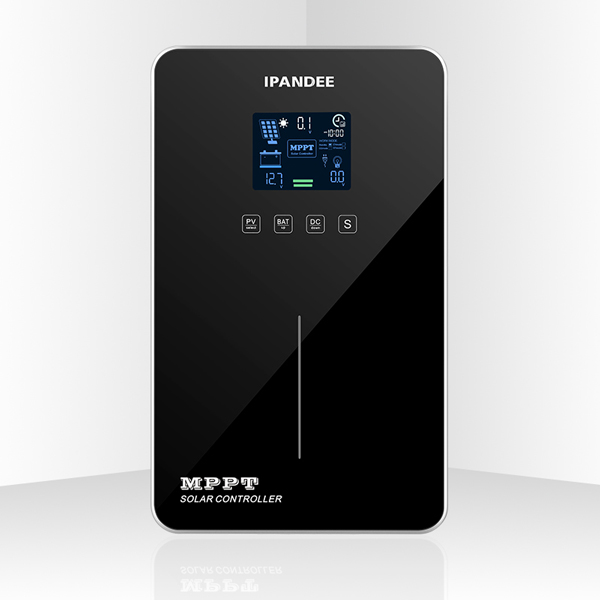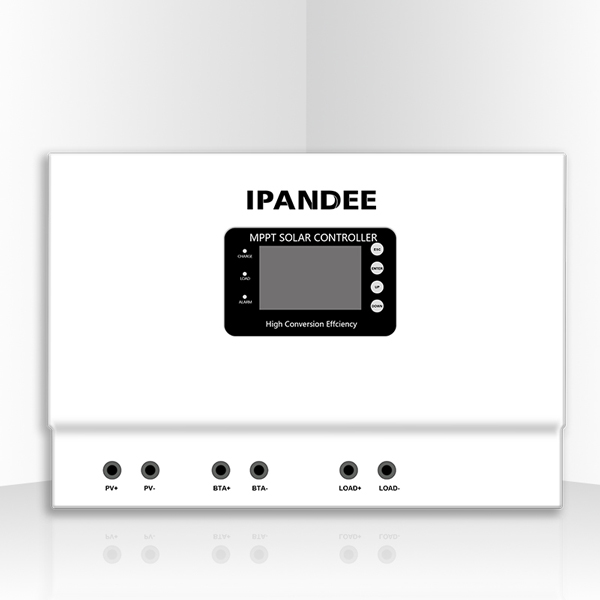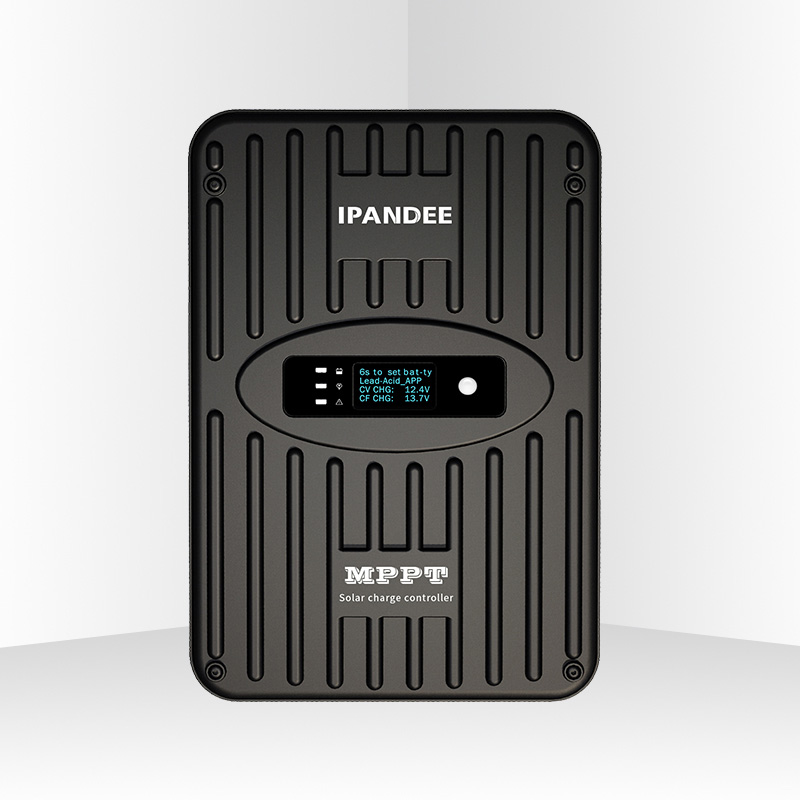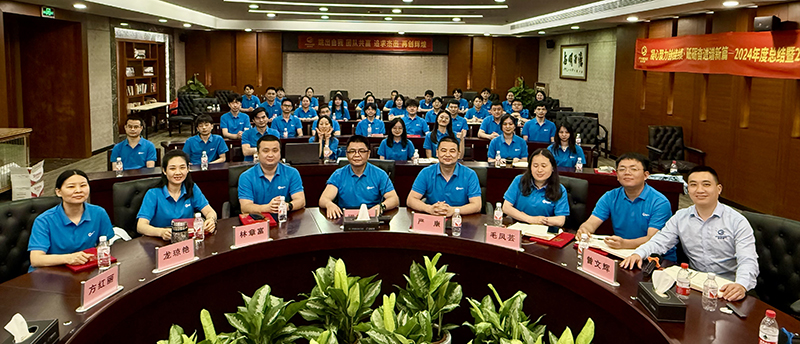In the era of electric vehicles (EVs), the quest for efficient and sustainable charging solutions is at the forefront of technological innovation. Among the key players in this field are MPPT (Maximum Power Point Tracking) voltage regulators, ushering in a new era of smart charging for electric vehicles. Let's explore how these regulators are transforming the landscape of EV charging.
Unleashing the Power of Solar Integration
Solar-Powered EV Charging
MPPT voltage regulators are at the heart of solar-powered electric vehicle charging systems. By efficiently tracking and optimizing the solar panel's maximum power point, these regulators ensure that the energy harvested from the sun is utilized to its full potential. This smart integration not only reduces dependence on the grid but also contributes to a more sustainable and eco-friendly charging process.
Efficient Power Conversion for EVs
Optimizing Power Flow
One of the significant challenges in EV charging is ensuring efficient power conversion from the source to the vehicle's battery. MPPT voltage regulators excel in this domain by constantly adjusting the voltage and current levels to maximize power transfer. This intelligent power management leads to faster charging times and minimizes energy loss during the charging process, making it a win-win for both EV owners and the environment.
Compatibility Across Charging Infrastructure
Whether it's fast-charging stations or home-based charging units, MPPT voltage regulators prove to be adaptable across various charging infrastructures. Their ability to interface with different power sources and optimize performance ensures a standardized and efficient charging experience, regardless of the charging station's specifications.
Extending Battery Life with Smart Charging
Battery Management for Longevity
Smart charging with MPPT voltage regulators goes beyond efficiency – it's also about preserving the health of the EV battery. By carefully monitoring and controlling the charging process, these regulators prevent overcharging and overheating, thereby extending the lifespan of the battery. This not only benefits individual EV owners but also contributes to the overall sustainability of electric transportation.
Future-Ready Integration with IoT
Internet of Things (IoT) Connectivity
As we move towards a more connected world, MPPT voltage regulators in smart EV charging solutions are embracing IoT connectivity. This allows for real-time monitoring and control, enabling users to remotely manage their charging sessions, check battery status, and even schedule charging during off-peak hours. The result is a seamless and user-friendly charging experience tailored to individual preferences.
Grid Integration and Demand Response
Smart charging solutions powered by MPPT voltage regulators play a crucial role in grid integration. By incorporating demand response mechanisms, these systems can optimize charging schedules based on grid conditions, contributing to grid stability and reducing the overall load during peak hours. This two-way communication between EVs and the grid represents a significant step towards a smarter and more resilient energy ecosystem.
The Road Ahead: Sustainable and Intelligent EV Charging
Advancing Sustainable Transportation
In conclusion, MPPT voltage regulators are emerging as key players in the evolution of smart and sustainable EV charging. Their role in optimizing power flow, integrating renewable energy sources, and enhancing battery life positions them as catalysts for the widespread adoption of electric vehicles. As we navigate towards a future dominated by clean and intelligent transportation, the synergy between MPPT voltage regulators and electric vehicles is poised to drive us towards a greener and more sustainable tomorrow.
 English
English  한국어
한국어  français
français  Deutsch
Deutsch  Español
Español  italiano
italiano  русский
русский  português
português  العربية
العربية  tiếng việt
tiếng việt  ไทย
ไทย  Polska
Polska  中文
中文







